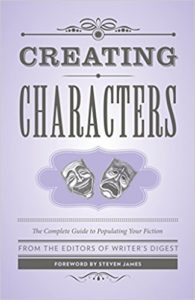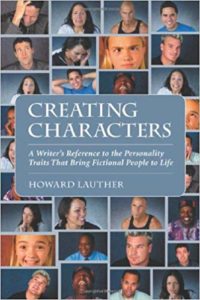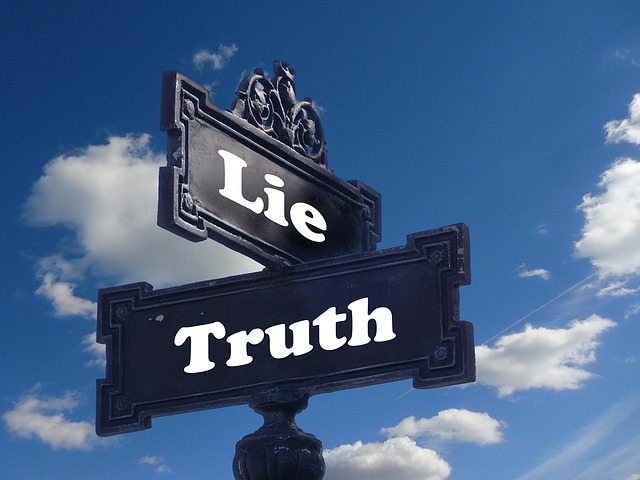Tips for Creating Characters Who Move Your Story Along
Note: This post may contain some affiliate links for your convenience (which means if you make a purchase after clicking a link I will earn a small commission but it won’t cost you a penny more)! Read my full disclosure and privacy policies...

Are you working on a novel right now and you can’t seem to get the story to move forward?
If so, that’s probably because you don’t know your characters well enough.
When I coach writers in my Write Your Novel 16-week coaching program , I provide them with many ways to get to know their characters because I think “character” is probably the most important element in any good story.
One of my favorite ways to get to know my characters is by creating a project notebook (often called a writer’s notebook), which includes pages of notes I gather about each character that I obtain through character interviews.
And here’s what one of my favorite authors, Elin Hilderbrand, does when she is getting ready to write a new novel:
"First, I write four pages about who the character is and what makes them tick and what makes them who they are."
Award-winning author Wendy Dewar Hughes uses this method for creating characters:
“I figure out the characters based on people I know. It makes it easier to create them. They can be a composite of a couple of people, or borrow traits from someone else, but in any circle of friends and acquaintances, there are enough different character types. So if I create a character based on my cousin, or sister-in-law, I know what she’ll do in any situation. The key is not to make them so recognizable that the real people want to sue you. Some people are flattered, others are incensed. If in doubt be vague or borrow characteristics from someone else.”
So why are characters so important?
Because without characters readers will care about, you simply won’t have a good story.
Yet, many writers start writing their story before they ever get to know their characters.
Then, midway through, they get stuck.
They can’t decide what the character or characters should do next, or they can’t seem to get the characters to do what they want them to do.
Here are some books I found that will help you get to know your characters, so you don’t get stuck when you’re writing.
The first one is called A-Z Writers’ Character Quirks
But it doesn’t just give you a list of quirks for your characters.
It also includes much more information that will help you create compelling characters and engaging stories.
Plus, you’ll just have more fun creating your characters after you read this book, where you’ll find tips for coming up with your own unique quirks for the people in your stories.
When you stop to think about memorable characters from books you’ve enjoyed reading, the most memorable ones probably had some serious (or not so serious – they may be quite funny) quirks.
These quirks helped the author create the story.
Consider these famous characters and try to name their quirks:
Sherlock Holmes
Darth Vader
Inspector Gadget
Ebenezer Scrooge
Beginning to see what I mean?
Here are a few other books that will help you create well-rounded, interesting characters your readers can relate to:
Creating Characters: The Complete Guide to Populating Your Fiction
From Writer’s Digest books and a great guide to bringing your fictional characters to life.
Creating Characters: A Writer’s Reference to the Personality Traits That Bring Fictional People to Life
With this book, you’re guided to ask crucial questions about characters’ internal and external traits, wants, needs, likes, dislikes, fears, beliefs, strengths, weaknesses, habits and backgrounds. These questions really help you get into your characters’ minds, which will help you know exactly what they would do in different situations.
Naming Your Characters
You’ll also want to be sure you create the perfect name for each of your characters, so read this article, 10 Tips for Naming Your Characters.
Or try this method used by best-selling author Danielle Steele:
"Every time I start a book, I pore over all my old baby name books, to find just the right ones for the characters. It’s amazing how a name can sometimes portray the personality of a character. Sometimes I’ve used complicated ones, and at other times simpler ones, and often foreign ones."
As you can tell by now, there are many different ways to create compelling characters.
You just need to really know and understand the people you’re writing about.
I suggest you get to know your characters before you start writing, during the planning stage of writing.
If you do this first, then the writing stage will go much easier and you’ll be less likely to get stuck midway through.
Try it!
Suzanne Lieurance
www.writebythesea.com
And don’t forget to join our mailing list!
Just fill in your name and email address, below:













One Comment
Comments are closed.